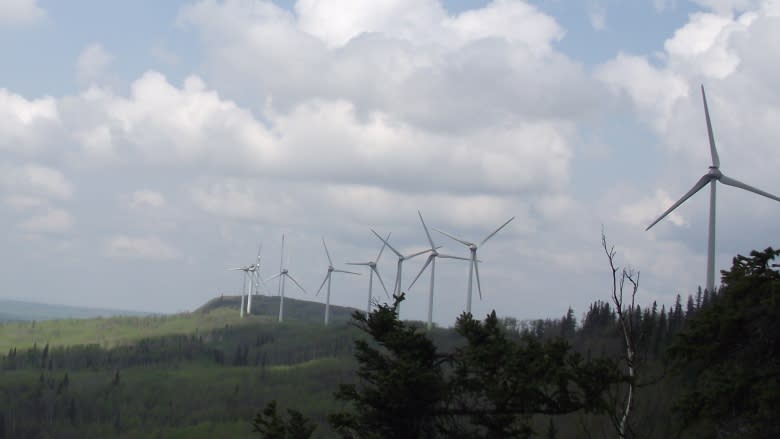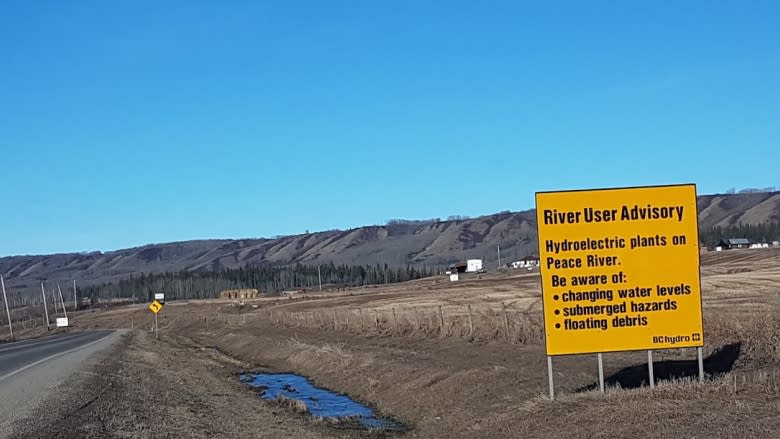B.C. Utilities Commission admits mistakes in Site C report but says conclusions still valid
The B.C. Utilities Commission (BCUC) says it has discovered errors in some price forecast calculations made in its preliminary report on the Site C dam butmaintains "the corrections do not change the panel's findings."
The admission comes in response to a letter containing several questions sent Nov. 15 to the BCUC by the provincial deputy ministers responsible for energy and finance.
The letter asks for information on the commission's findings alternative energy projects could be as good or better for B.C. ratepayers and that BC Hydro's projected energy needs are "excessively optimistic."
Among the questions:
- Did the BCUC include money already spent on Site C when calculating how cancellation of Site C could affect BC Hydro rates.
- Is BC Hydro is expected to pay for alternative energy projects if Site C is cancelled.
- Does the BCUC agree cancelling Site C would lead to a 10 per cent BC Hydro rate increase to pay off the costs within 10 years.
The deputy ministers also questioned how the BCUC arrived at its projected energy needs, asking: "Did the Commission assume lower demand ... because it is forecasting a period of lower economic growth for the province in which major power consumers such as mining, forestry, technology and commercial sectors are in decline?" and whether the commission accounted for the province using more electricity, as it tries to reduce greenhouse gas emissions.
The BCUC says despite the errors in some price forecast calculations, the panel's conclusion is still valid. However, it is still investigating other queries.
The NDP government has committed to making a decision on the megadam's future by Dec. 31.
Two reports on the effect cancelling the Site C dam would have on jobs and energy costs in B.C. were also released this week.
Sunk costs questioned—
A report delivered the same day as the provincial query by the union group Allied Hydro Council of B.C. (AHC) raised many of the same questions, directly accusing the BCUC of not accounting for sunk costs and claiming the rapid adoption of electric vehicles would lead to greater power needs than the commission projected.
That report was rebutted by UBC's Program on Water Governance, which said the AHC had made "factual errors and false claims" and said the AHC's projected power needs "would be 10 times the load growth actually observed from 2010 to 2016."
Wayne Peppard, with the AHC, noted any excess power could be sold to other markets reducing their greenhouse gas emissions.
"This power is not just for us," he said.
More jobs from alternative energy: UBC
The UBC program also released a study stating alternative energy projects and conservation efforts would create more jobs than Site C.
Program director Karen Bakker said the study found that the Site C dam generates four jobs for every million dollars spent, while conservation programs would create about 30 jobs for every million dollars spent.
"Those are long-term sustainable jobs and a lot of them are in the Peace region," said Bakker, a UBC professor and Canada Research Chair in political ecology.
Bakker said she is "extremely confident" in the projections, which are based on data from BC Hydro and industry standards.
She also said she's concerned opinion and fact are being conflated in the debate surrounding Site C.
"I'm very concerned at the degree of false claims and misleading information that is now circulating," she said. "I don't want this to be us against them ... my uncle worked on the Bennett Dam. I have a great respect for people who do that work."
"It's just, we're researchers, so we put out the numbers ... if we are not distinguishing between rigorous research ... and a four-page report with no sources and no numbers, then we're not doing a service to the public."
Correction : An earlier version of this story provided inaccurate figures about the ratio of jobs created by the Site C dam compared to alternatives. (Nov 18, 2017 6:22 PM)



